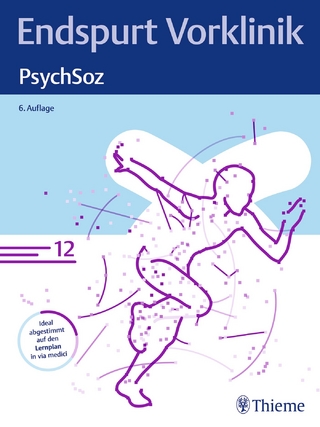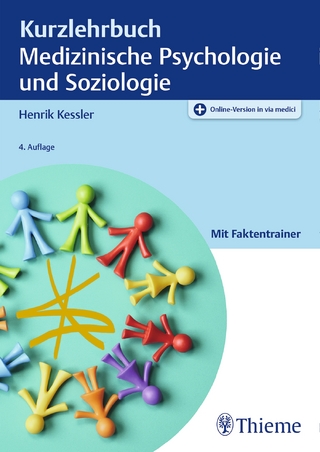
Covid-19 and Governance
Routledge (Verlag)
978-0-367-72251-7 (ISBN)
Covid-19 and Governance focuses on the relationship between governance institutions and approaches to Covid-19 and health outcomes. Bringing together analyses of Covid-19 developments in countries and regions across the world with a wide-angle lens on governance, this volume asks: what works, what hasn’t and isn’t, and why?
Organized by region, the book is structured to follow the spread of Covid-19 in the course of 2020, through Asia, the Middle East, Europe, the Americas, and Africa. The analyses explore a number of key themes, including public health systems, government capability, and trust in government—as well as underlying variables of social cohesion and inequality. This volume combines governance, policies, and politics to bring wide international scope and analytical depth to the study of the Covid-19 pandemic.
Together the authors represent a diverse and formidable database of experience and understanding. They include sociologists, anthropologists, scholars of development studies and public administration, as well as MD specialists in public health and epidemiology. Engaged and free of jargon, this book speaks to a wide global public—including scholars, students, and policymakers—on a topic that has profound and broad appeal.
Jan Nederveen Pieterse is Suzanne and Duncan Mellichamp Distinguished Professor of Global Studies and Sociology at University of California Santa Barbara, USA. Haeran Lim is Professor in Political Science and International Relations, Seoul National University, South Korea. Habibul Khondker, MA (Carleton, Ottawa), PhD (Pittsburgh) is Professor of Social Sciences at Zayed University, Abu Dhabi.
Introduction: Patterns, confluence, regions
Asia
1. China’s fight against Covid-19: Domestic and external implications
2. South Korea, Taiwan, Hong Kong, Singapore and Covid-19
3. China, South Korea, Japan and Covid-19
4. India, Kerala and Covid-19
5. Nepal and Covid-19
6. Indonesia and Covid-19: Decentralization and social conflict
7. Thailand and Covid-19: Institutions and social dynamics from below
Middle East
8. Iran and Covid-19: Institutional configurations
9. Saudi Arabia and Covid-19: Religious institutions
Europe
10. The UK and Covid-19
11. Spain and Covid-19
12. Germany and Covid-19
13. Turkey and Covid-19: Facing a global crisis during a domestic crisis
Americas
14. The US, South Korea, and Covid-19: Governance
15. The United States and Covid-19: Hairpin turns
16. Brazil, South America and Covid-19
17. Cuba dancing with Covid-19: Citizenship and resilience
18. Nicaragua and Covid-19: Authoritarian indifference
Africa
19. Rwanda and Covid-19: Leadership and resilient health system
20. Kenya and Covid-19
21. Africa and Covid-19: Ways forward
Crosscutting Themes
22. Covid-19 and migrant workers: The Gulf and Singapore
23. Covid-19 and science: Italy and late modernity
24. Global infodemic: Covid-19 and the organization of disinformation
Conclusion
Afterword
| Erscheinungsdatum | 16.06.2021 |
|---|---|
| Reihe/Serie | Routledge Studies in Emerging Societies |
| Zusatzinfo | 19 Tables, black and white; 12 Line drawings, black and white; 12 Illustrations, black and white |
| Verlagsort | London |
| Sprache | englisch |
| Maße | 156 x 234 mm |
| Gewicht | 521 g |
| Themenwelt | Studium ► 1. Studienabschnitt (Vorklinik) ► Med. Psychologie / Soziologie |
| Sozialwissenschaften ► Politik / Verwaltung | |
| Sozialwissenschaften ► Soziologie | |
| ISBN-10 | 0-367-72251-8 / 0367722518 |
| ISBN-13 | 978-0-367-72251-7 / 9780367722517 |
| Zustand | Neuware |
| Informationen gemäß Produktsicherheitsverordnung (GPSR) | |
| Haben Sie eine Frage zum Produkt? |
aus dem Bereich


